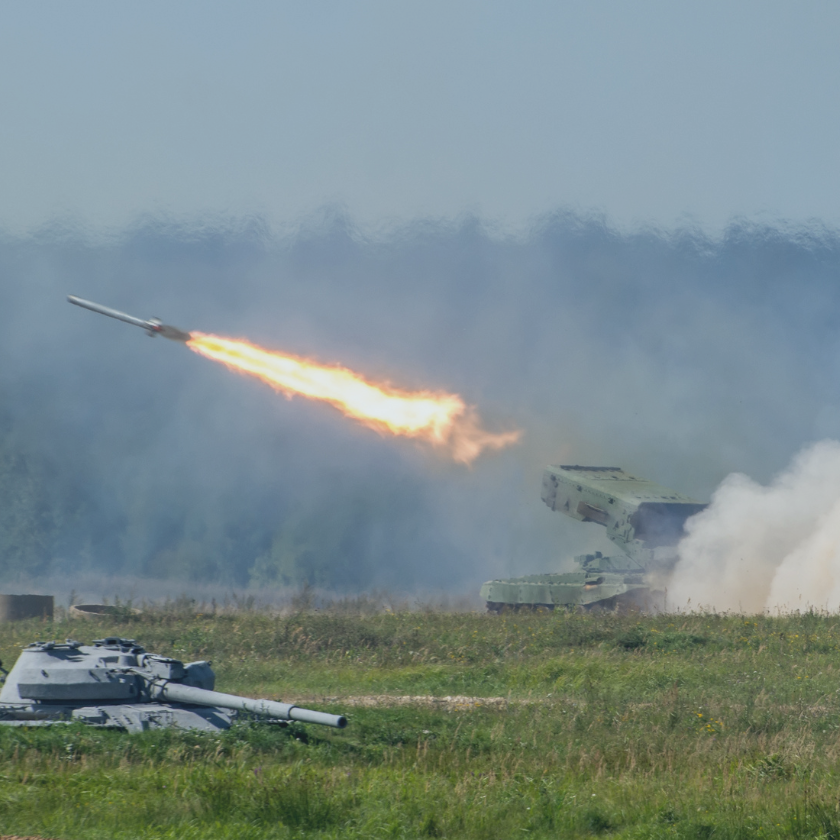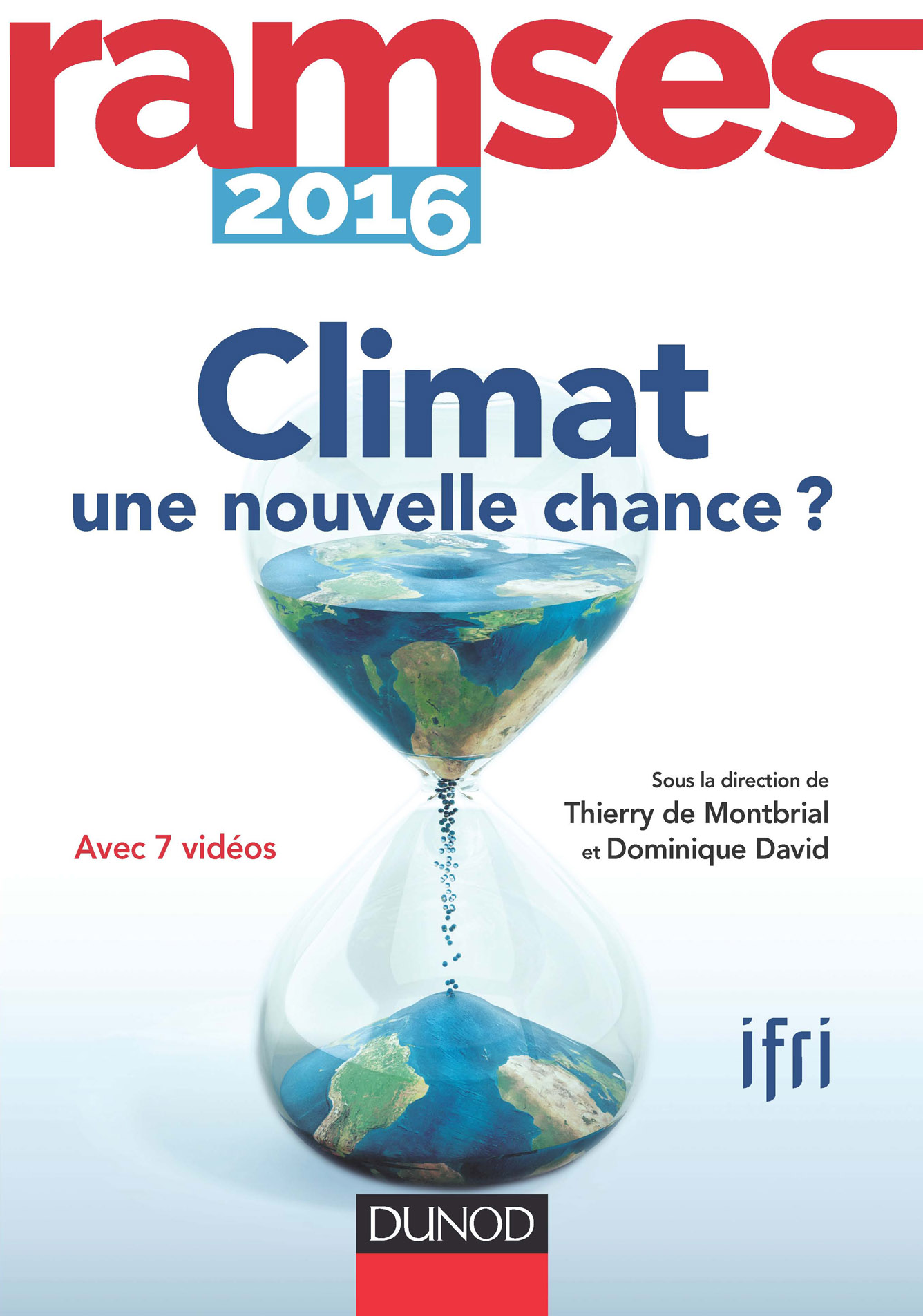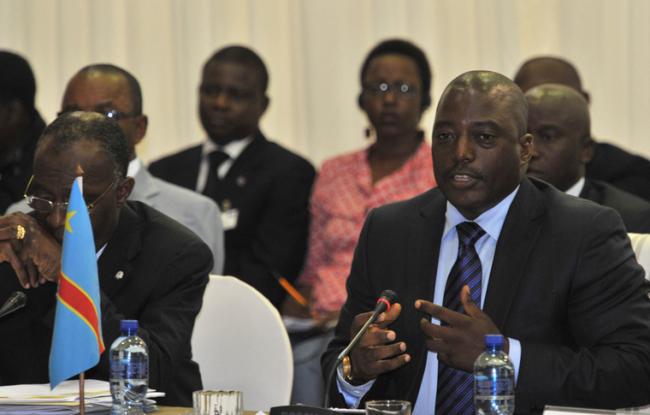War and Armed conflict
The geography and modalities of wars and armed conflicts are evolving in step with the international system. While irregular wars and asymmetrical conflicts persist, high-intensity wars are multiplying, while crises are taking on new forms as a result of hybrid threats.
Related Subjects


RAMSES 2016. Climat : une nouvelle chance ?
Written by Ifri's research team and its network of associates, the new RAMSES 2016 analyses geopolitics on a worldwide scale. The major theme of this 34th edition is Climate: A new chance? In addition, RAMSES 2016 tackles the insertion of Africa in globalization and the uncertainties of democracy today in post-industrial societies, but also in the South.

Revisiting Relations 100 Years After the Armenian Genocide
The 100th anniversary of the Armenian genocide will not mark a great historical moment in Armenian-Turkish relations.

Turkey and the Armenian Genocide: from Denial to Recognition?
At the close of World War I, denial of the Armenian genocide became a central point in Turkey’s official doctrine.

Somalia, the Modern Sisyphus?
Since gaining independence in 1960, Somalia has enjoyed only a few periods of stability.

Defeating Daesh: A Financial and Military Campaign
The Islamic State has considerable income, mostly from taking control of banks; managing trafficking networks – particularly hydrocarbons – and from external support.

Is Putin’s System Built to Last?
The annexation of Crimea and the Ukraine crisis have enabled Vladimir Putin once again to put on a display of Russian dominance, uniting the nation around core conservative values.

DRC’S Regional Positioning, in Between the African Great Lakes and Southern Africa
How transparent are the Democratic Republic of Congo’s regional strategies?
Turkey: the Sèvres Syndrome, or the Endless War
For Turks, the Treaty of Sèvres symbolises the dissolution of the empire and the carving up of Turkey by foreign powers.

Could Differentiated Integration Unblock the CSDP?
Differentiated integration, which brings some member states together on common means and strategies, appears to be the only route possible to circumvent obstructions to a Common Security and Defense Policy (CSDP) for the 28 member states.
Support independent French research
Ifri, a foundation recognized as being of public utility, relies largely on private donors – companies and individuals – to guarantee its sustainability and intellectual independence. Through their funding, donors help maintain the Institute's position among the world's leading think tanks. By benefiting from an internationally recognized network and expertise, donors refine their understanding of geopolitical risk and its consequences on global politics and the economy. In 2025, Ifri supports more than 80 French and foreign companies and organizations.








